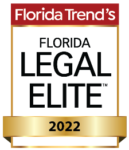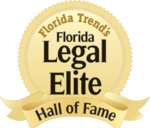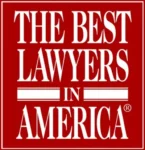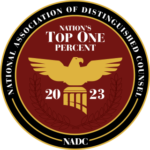 As consumers, we expect the products we buy to meet safety requirements. If you’re injured because of an unsafe product, you may be entitled to compensation from the manufacturer.
As consumers, we expect the products we buy to meet safety requirements. If you’re injured because of an unsafe product, you may be entitled to compensation from the manufacturer.
A Tampa product liability lawyer at Swope, Rodante P.A. can help you file a claim if you or someone you know was injured because of a defective product.
Call (813) 273-0017 for a free consultation with a product liability attorney. Our team will evaluate your case and give you advice on how to seek compensation.
Common Causes of Product Liability
Our lawyers have over 40 years of experience suing manufacturers for product liability. Common causes of product liability include:
Manufacturing Defects
When a particular batch of a product is not produced according to the appropriate standards it can result in catastrophic injuries, depending on the severity of the defect. The error in this type of defect can occur in assembly and only a small percentage of the company’s manufactured goods will have the error.
Product Design Defects
This flaw is found in the original design plan of the product and will result in an unreasonably dangerous product that can create a hazard for a potential user. This defect differs in that it occurs in all of a company’s manufactured products.
To file a product design defect claim in Florida, the following requirements must be met:
- The product was designed with unreasonably dangerous attributes.
- The manufacturer should reasonably have anticipated the potential harm the product could cause.
- There were safer design options available that were both economically feasible and capable of maintaining the general purpose of the product.
Marketing Defects
When a product is being sold to consumers, manufacturers must warn their potential customers of any dangers associated with the product and the intended use of the product.
Any party along the chain of distribution can fail to provide proper warnings about a dangerous or defective product and cause an injury. Our team of defective product lawyers will investigate all parties in the distribution chain to determine the parties at fault for an injury.
Lack of Warning Labels
The American National Standard Institute (ANSI) developed a set of guidelines that product warning labels must provide to consumers. When a product warrants a warning, a manufacturer should display the warning in a very visible location, close to the product.
These requirements include:
- Letting the consumer know about any existing hazards
- Transparency regarding any risks involved with using a product
- Disclosure of the effects and consequences of any known hazard
- Demonstration on how to avoid the hazard
Who Can be Held Liable for Product Defects?
In product liability cases, multiple parties can be at fault. Depending on the circumstances, the manufacturer, retailer, or wholesaler can be held liable for the product defect that caused the injury.
Call for a free consultation to discuss your case with our Tampa product liability attorneys. Our team will help determine who may be at fault for your injury.
Types of Product Liability Claims
Florida law establishes several types of product liability claims including:
- Negligence: When our product liability attorneys determine that negligence of a party has occurred, they must prove to the court that the injury occurred as a result of deliberate or careless handling of the design or manufacture of a product. In addition to this carelessness, the plaintiff must demonstrate that the defendant had a duty to sell a safe product and knew or should have known that the product was defective, resulting in a “breach of duty.”
- Breach of Warranty: Some cases of product liability result from a seller’s failure to fulfill the terms of the product’s warranty. This failure can result from two kinds of warranties, express warranty or implied warranty. Any explicit statement or representation from the manufacturer about the safety of a product is an express warranty. While an implied warranty results from a promise from the manufacturer or any other liable party that under its normal, intended use the product will not be harmful to a consumer.
- Misrepresentation: When a product is featured as part of a sales promotion, the
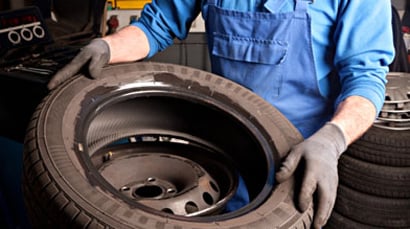 seller is using their reputation to endorse the product. Manufacturers and sellers are required to be honest when promoting a product, especially when making claims about the product being safe to use.
seller is using their reputation to endorse the product. Manufacturers and sellers are required to be honest when promoting a product, especially when making claims about the product being safe to use. - Strict Tort Liability: To pursue a claim against a manufacturer or another party in the distribution chain, the claimant must prove that an injury occurred as a result of the defective product. If the claimant can show that the defect is found to exist and caused the injury, the law may hold the manufacturer strictly liable for damages. For the claim to have validity, the consumer must have purchased the product in the normal chain of distribution and cannot have acquired the product through an aftermarket or second-hand purchase.
If you or someone you know has been injured due to a defective product, our trial attorneys are here to help you win compensation for your injuries. Call (813) 273-0017 for a free consultation.


